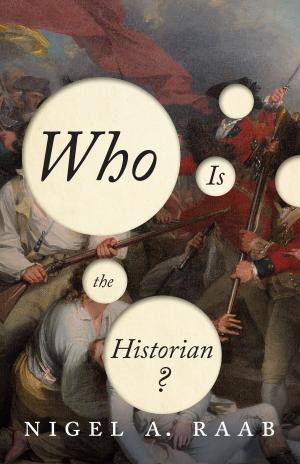The Promise of Sociology
The Classical Tradition and Contemporary Sociological Thinking
Nonfiction, Social & Cultural Studies, Social Science, Sociology| Author: | Rob Beamish | ISBN: | 9781442693616 |
| Publisher: | University of Toronto Press, Higher Education Division | Publication: | August 1, 2010 |
| Imprint: | Language: | English |
| Author: | Rob Beamish |
| ISBN: | 9781442693616 |
| Publisher: | University of Toronto Press, Higher Education Division |
| Publication: | August 1, 2010 |
| Imprint: | |
| Language: | English |
Both students and instructors will find in these pages a fresh and original approach to teaching sociology. Beamish begins by providing a sociological profile of today's students, juxtaposing their collective biography against the current historical moment. He builds on this discussion by introducing Mills's concept of the sociological imagination and outlining a method for thinking sociologically; then, he uses Hitchcock's film Psycho to illustrate the difference between psychological and sociological analysis. Having established the usefulness of sociological thinking, Beamish moves back to the classical theorists, outlining in depth their important contributions to sociology. He concludes the book by applying concepts from the classical tradition to a sociological discussion of culture—ending with an analysis of Bob Dylan's artistry to illustrate how these concepts have an enduring quality in contemporary times.
Both students and instructors will find in these pages a fresh and original approach to teaching sociology. Beamish begins by providing a sociological profile of today's students, juxtaposing their collective biography against the current historical moment. He builds on this discussion by introducing Mills's concept of the sociological imagination and outlining a method for thinking sociologically; then, he uses Hitchcock's film Psycho to illustrate the difference between psychological and sociological analysis. Having established the usefulness of sociological thinking, Beamish moves back to the classical theorists, outlining in depth their important contributions to sociology. He concludes the book by applying concepts from the classical tradition to a sociological discussion of culture—ending with an analysis of Bob Dylan's artistry to illustrate how these concepts have an enduring quality in contemporary times.















